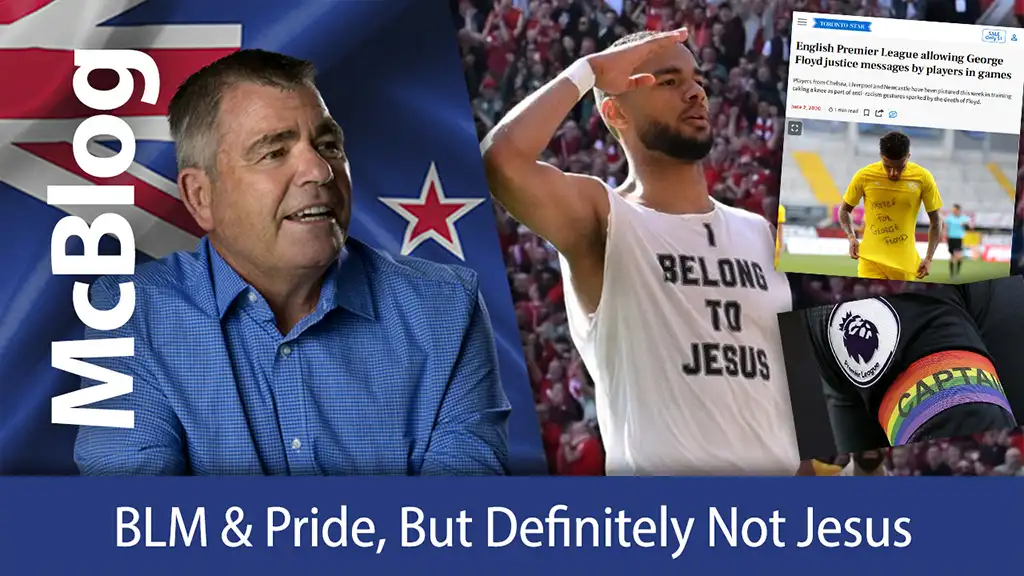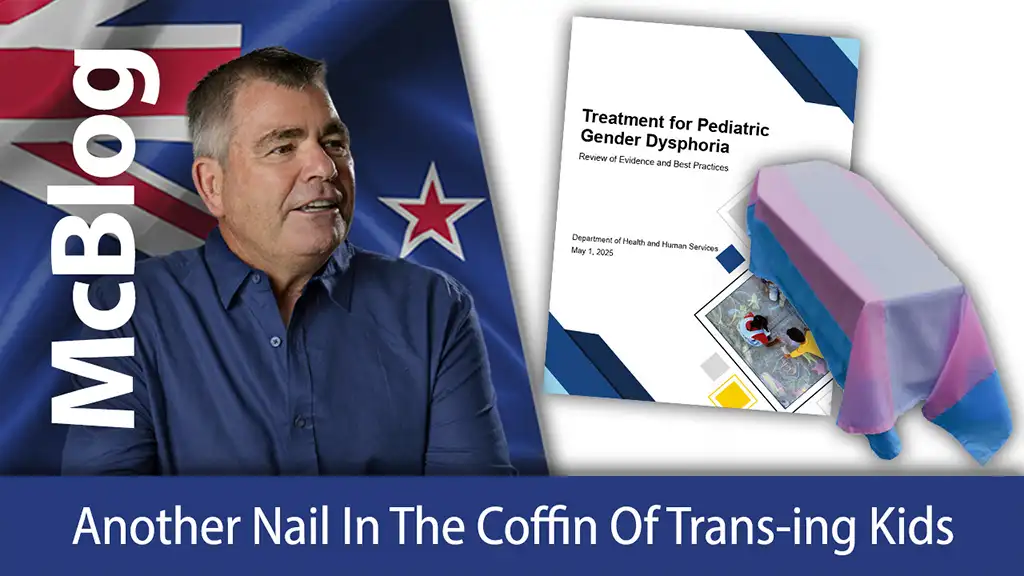You would think that at this time, the Public Service Commission would be concerned about jobs being lost and redundancies and all that sort of important and urgent stuff. But nope – the focus is on counselling, safe spaces and indoctrination for incorrect use of personal pronouns.
Proper Pronouns in the Public Service
You would think that at this time, the Public Service Commission would be concerned about jobs being lost and redundancies and all that sort of stuff.
But nope – the focus is on counselling and safe spaces and indoctrination for incorrect use of personal pronouns.
So the Public Service are very focused on making sure that emails sent by anyone who works in any government department or organisation is putting their pronouns in their email signatures.
The link is entitled Pronoun use in email signatures – yes a whole page on the website
Why using pronouns is beneficial
Pronouns are words used to refer to people (for example, she/her, he/him, or they/them). An easy way to normalise the use of pronouns is to include them in your email signature. There are a few reasons why this is beneficial:
- When cisgender people include pronouns, it normalises it for everyone and protects trans and gender diverse people when they include their pronouns.
- Having pronouns in an email signature signals you as an LGBTQIA+ ally.
How to include your pronouns
Step 1 In your email signature, add your pronouns (she/he/they/ze/and so on) after your name.
Step 2 Hyperlink the pronouns to this webpage so people can learn more by clicking on them.
Dealing with negative reactions
If you experience discrimination or negativity for using your pronouns in your workplace, please contact your team leader or HR department. These additional resources may also help:
Speaking up in the Public Service made easier – now I’m pretty sure that if you speak up about being born male and female, that only women should use the women’s facilities and bathrooms, and that you support marriage between one man and one woman, then speaking up in the public service will not be made easier. That’s just a hunch.
And then it says Need to talk? Calling 1737 links you to a trained counsellor.
Yep apparently a negative reaction to your email signature could necessitate counselling. You could be triggered by someone saying “um, ze zir, what is that?” or – I actually believe you’re male or female. XX or XY.
Is there similar counselling for those being laid off – or whose children have been up all night with teething – or who need marriage counselling? Whoops – said the ‘marriage’ word. Sorry.
Consider starting a meeting with each attendee sharing their name and pronouns.
Hi I’m Bob – I like the King James Version of the Bible so please refer to me as Thee Thou and Thy
Include your pronouns in your LinkedIn profile
Ask people politely what pronouns they use — don’t assume pronouns based on appearance, name or any other factor.
What pronouns do you use?
Don’t use the term ‘preferred’ or ‘gender’ pronouns — although people often mean well when they use these terms it can imply that pronoun selection is a preference rather than a requirement and using ‘gender’ can ignore agender people.
OK now this is interesting – don’t use the term ‘preferred’ even though its based on your personal identity
And don’t use ‘gender’
Earlier in the page, the say “gender diverse” “cisgender” “gender” “gender” – make up your mind.
Just finally on the page, it says “Get to know, understand and use some common rainbow terms.”
So we click through to that page – the Public Service’s Rainbow Inclusive Language Guide and a section on Using gender-neutral language
We encourage the use of gender-neutral language whenever possible as this makes communications more inclusive for all people and has a positive impact on gender equality.
Even though gender ‘equality’ is now completely random because we can’t define man or woman.
And then a list of banned words – don’t use husband, wife, mother, father, policeman, policewoman, he, she – Don’t use words that are biologically correct, correctly refer to marriage or parents or family. This is the new woke.
It is grammatically correct to use ‘they’ to refer to a singular person. We naturally do this when we don’t know a person’s gender. For example, if we’re behind someone who is wearing a hoodie in the supermarket queue and the checkout operator called, “Next!” we would say, “They were next,” referring to one person.
Nope. If I know a woman is in front of me, I say “she’s next” or if it’s a man or boy, “he’s next”. Pretty simple really. Much more personal and friendly. “They’re next” is almost dismissive.
There is a funny disclaimer they have at the end of the page
Language used in Rainbow communities is continually changing and as we learn more, some of the terminology or definitions we have listed here will also need updating. There are many cultural and gender identities that do not have a translation in the English language or an equivalent in Western culture.
All the gender identities don’t have an equivalent in Western Culture. They’re made up. They’ve said the quiet bit out loud.
It’s also important to remember that everyone is different and how we use language is up to us as individuals. Some people do not use labels to describe themselves.
Words, language – it’s up to us to make them up as we go. And don’t describe yourself.
Some people do not use labels to describe themselves. Hi I’m Bob. I describe myself as ……………………… That’s going to go well at the next team introduction.
Oh I did note this at the bottom of this particular page – the Rainbow Tick. Membership to the new cultural religion. Ignore the 97% of others. Membership of this one is all that matters.
Now there’s three additional pages that they want you to click through to as part of this indoctrination – no wonder we think Govt departments don’t deliver. They’re so busy doing this more important stuff like learning their pronouns and memorising the Glossary of Diversity and inclusion, common rainbow terms
It says “Get to know, understand and use these common rainbow terms — note this list is not exhaustive.” Oh it’s exhausting all right!
Now it’s all the usual explanations –
But there were a couple that stood out
Ace – Ace is a colloquial abbreviation of asexual and/or aromantic. So when you’ve aced it, um, you’re asexual or aromantic.
Straight – A person who is attracted to people of the other binary gender. I didn’t think there was binary.
Safe space – Refers to an environment in which everyone feels comfortable expressing themselves and participating fully without fear of attack, ridicule, or denial of experience. Except if you’re Christian or believe that a man can’t be a woman. Or you have a wife or a husband. Of the opposite sex. Then it’s not safe.
So there you have it. Proper Pronouns in the Public Service.
But rather than serving the public, there seems to be more interest in mandating wokeness amongst the staff with email signatures and safe spaces.
Perhaps our tax cuts could be bigger if we spent even less on the public service department that pushes this ideology.



